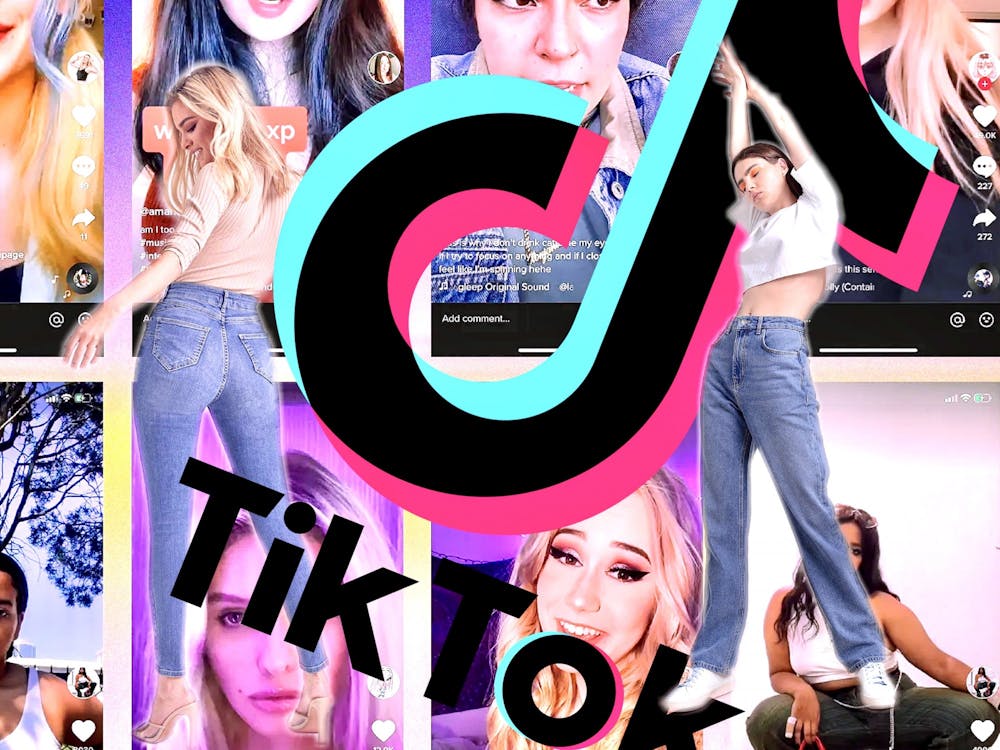Gen Z has been evolving. Many members are finally reaching adulthood, and these new young adults are contributing to society in whatever sense they see fit.
The generation that currently ranges between about six and 24 years old has been growing such that their style and identity have grown noticeably far from the preceding Generation Y, more commonly known as Millennials. The result is conflict over social media, a digital battlefield with lots of troops on both sides.
Gen Z has not been quiet about their criticism of Millennial style. Mostly through TikTok, the younger generation has loudly expressed its disdain for skinny jeans and side–parted hair. Instead, they popularized straight–leg jeans and middle parts, while simultaneously condemning Millennial lingo such as ‘doggo’ and the smiley face emoji. However, as shocking as the boldness of Gen Z might seem, this clash between generations isn't unprecedented.
How has a generation that should be so closely related to its predecessor perpetuate an “intergenerational war," as labeled by Fox News?
Dr. Jessa Lingel, a professor of Communication at Penn’s Annenberg School for Communication, discusses the developing relationship between Gen Z and Millennials through social media and attempts to answer that question.
The overall increase in social media use across various age groups makes their overlap on platforms like Tiktok—and, thus, clashes between them—inevitable. Take the “OK Boomer” meme, for example. Millennials dismissed Baby Boomers for being out of touch with the current times and failing to recognize issues that Millennials claimed were caused by the older generation. As a result, Boomers called the younger group entitled and argued that they 'need to get a a job.'
“The generational differences are kind of overblown,” Lingel says. “Every generation pushes back on the generation before.” This is especially true through social media, Lingel adds, for other generations. Facebook amplified Millennial voices during the Occupy Wall Street and Arab Spring movements, and the internet helped Gen X organize for the 1999 Seattle World Trade Organization demonstration.
Gen Z has aged, and its members are old enough to not only gather a better understanding of the events around them, but to also partake in activism that fits the ideals that they have shaped for themselves. The social media apps dominated by Gen Z, such as TikTok and Twitch, largely reflect their values, especially during the recent presidential election, the resurgence of the Black Lives Matter movement, and activism against anti–Asian American violence. Gen Z has been able to consolidate their values and articulate them using social media.
As Gen Z grew fonder of Billie Eilish–inspired fashion, baggy clothing and mom jeans replaced skinny jeans as the dominant trend. This transition has left Millennials, who were in the epicenter of the 2010 skinny jeans trend, confused and even angry. But shifts in trend are nothing new. The only difference, Lingel says, is that “the trends come a lot more quickly. As with anything digital, the circulation happens faster.”
So as Gen Z continues to simultaneously shape their sense of style with their political activism, their ideals may continue to diverge from Millennial ideals. Rather than labeling this event as the younger generation antagonizing an older one, Lingel says that the “basic idea of critiquing people who came before you [is] deeply cyclical.”

